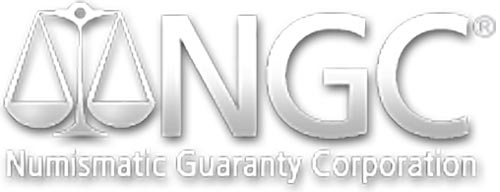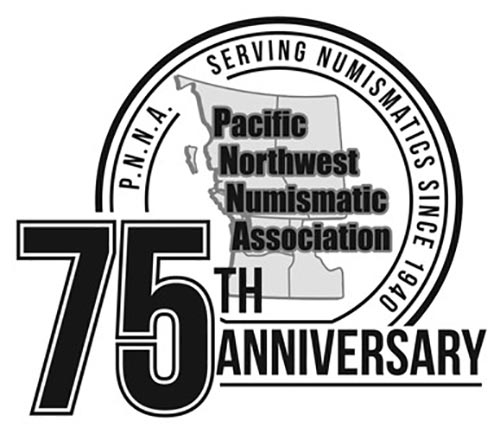 Thar’s gold in them thar hills! Well, sort of. While Washington has never had a Gold Rush like the one that started in California in 1848 or the Klondike strike of 1897, the Evergreen State has benefited from the rich history of gold mining in the Northwest. For a while, Walla Walla was the largest town in the state due to its status as a camp supply town for mines in Idaho. And the discovery of gold in the Klondike transformed Seattle from a sleepy backwater to a bustling staging ground for eager prospectors.
Thar’s gold in them thar hills! Well, sort of. While Washington has never had a Gold Rush like the one that started in California in 1848 or the Klondike strike of 1897, the Evergreen State has benefited from the rich history of gold mining in the Northwest. For a while, Walla Walla was the largest town in the state due to its status as a camp supply town for mines in Idaho. And the discovery of gold in the Klondike transformed Seattle from a sleepy backwater to a bustling staging ground for eager prospectors.
In fact, most of the “Gold Rush” money made by people in the Northwest came from supplying food and lumber to the boomtowns of California. By the early 1850s, more than 200,000 hopeful prospectors had reached California, and someone had to feed them. Prices went up astronomically as newfound wealth flooded the cities. You could multiply your investment in wheat more than tenfold by simply transporting it from Oregon to California. In some camps, a slice of bread cost a dollar and a single apple went for two dollars; there’s even the possibly apocryphal story of the $100 glass of water sold to a thirsty miner who’d just struck it rich.
Despite the absence of great reserves of gold like those found in California, there were some big strikes made in the Pacific Northwest. As prospectors pushed eastwards from the Golden State, they found gold in eastern Oregon, northeastern Washington and in British Columbia. A familiar pattern emerged. First, a few lucky prospectors would stumble upon gold flakes or nuggets in a stream. After gathering all they could, they’d head to the nearest town to sell their gold, and sparking off a mad rush by other prospectors to the gold fields. Miners arrived, towns mushroomed seemingly overnight, and after the gold was exhausted, the miners moved on.
Today, Washington still has its fair share of gold. According to some late-’90s estimates done by the U.S. Geological Survey, geologists believe there’s probably about 570 tons of gold throughout the Evergreen State. But before you lace up your boots and grab your prospector’s tin, keep this in mind: most of the gold that amateur prospectors find in Washington these days is classified as placer gold — which refers to gold found in the sand and gravel deposits of beaches or streams — rather than the more lucrative lode gold, which is gold that is still in solid rock.
Still interested in trying your hand at prospecting? You can join the NorthWest Gold Prospectors Association. There’s even a website that sells gold mining claims maps for eager prospectors. They estimate that there are just over 3,000 active claims and more than 52,000 abandoned claims located throughout the state. You might be better off just heading to the beach where, according to Washington State Parks regulations, small-scale prospecting and beach mining is allowed year-round.
If you do get lucky and you’re interested in selling gold, be sure to bring it in to the experts at Liberty Coin & Currency for a fair and accurate evaluation of what it’s really worth. And, hey, if you’re thirsty, we’ll throw in a nice, hot cup of coffee… for free.
Liberty Coin & Currency specializes in gold buying and dealing in rare coins. We are a family-owned business that was first established over 16 years ago and is now located in Vancouver and Portland. We also buy gold, silver, diamonds, currency and jewelry. Visit us first for a free evaluation.








